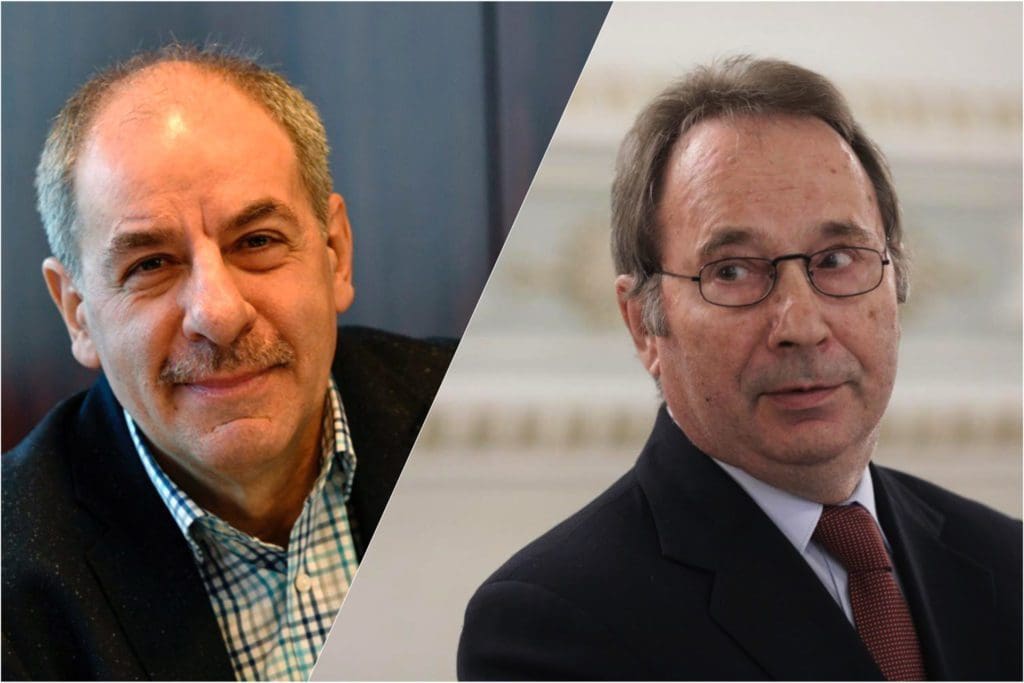
Nanos gigantum humeris insidentes, or dwarfs standing on the shoulders of giants, is a phrase first used by the twelfth-century French philosopher Bernard de Chartres. It has been chosen as the motto of the Barna Horváth Hungary Law and Liberty Circle, calling for a balance between healthy ambition and intellectual humility and respect for previous generations.

Europe is a civilization; its heritage is a reality that lives on among us. But the cooperation of its countries is just a legal construct: its future depends on whether it is willing and capable of expressing the voice of that civilization.

‘One of the most dangerous trends we are seeing in the West is the increasing deployment of the rule of law for instrumental political ends. We are seeing this in the European Union, just as we are seeing it used in the United States, with those in power invoking the rule of law as a weapon against political dissidents and adversaries. This should alarm all of us, no matter where we are personally situated on the political spectrum. ‘

‘Conservatives and conservatism have featured in American political life from the beginning. The problem is that the history of American conservatism does not map onto contemporary ideological templates.’

‘What Europe ultimately needs is a fundamental psychological shift, in which pathological Western civilizational guilt and national self-effacement are set aside. Needless to say, this is a tall order for Western and Northern Europe. Here the nations of Central and Eastern Europe seem to have some advantage, however, having been somewhat isolated from such forces by history. They may be able to increasingly play a beneficial leadership role—if others are willing to listen.’

The real stake is whether the originalist shift can restore the democratic process and structure of governance.

‘Today, European law, which had previously been on an equal footing, seems to be seeking hegemony over the legal systems of the member states, no longer merely to harmonize them, but to incorporate them in a furtive federalism.’

International law has been constantly expanding and consolidating its competence over relations between state and people.

Hungarian Conservative is a quarterly magazine on contemporary political, philosophical and cultural issues from a conservative perspective.